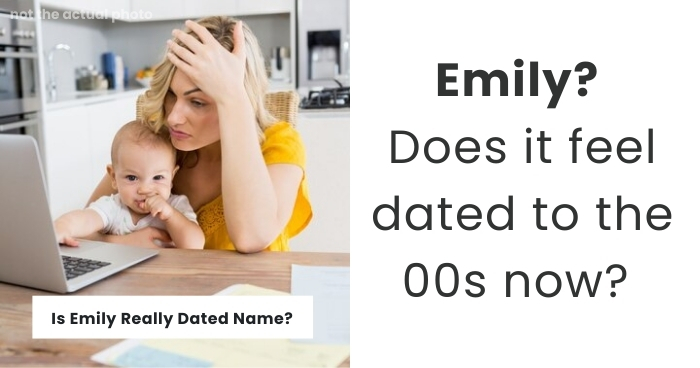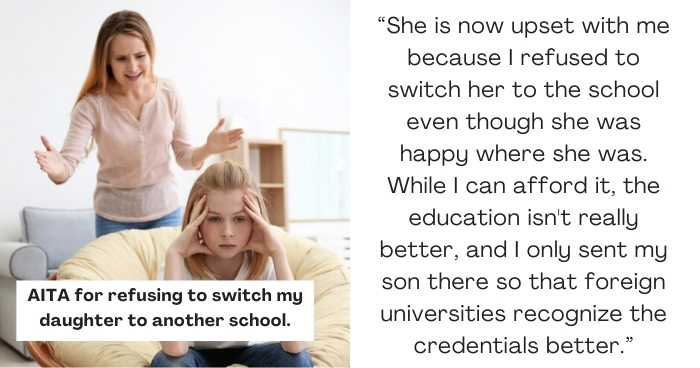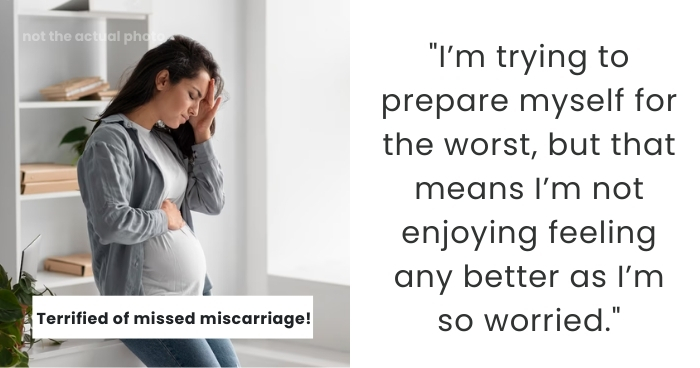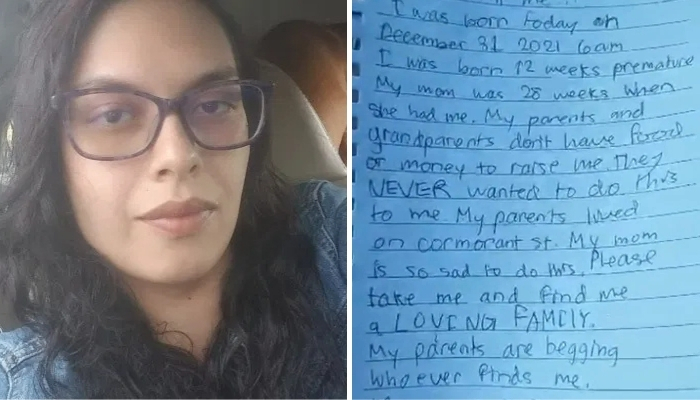Emily? Does it feel dated to the 00s now?
This post dives into a common naming dilemma: is Emily too dated to the 1990s and 2000s? The original poster (OP), a secondary school teacher, appreciates the name’s elegance and historical pedigree—highlighting figures like Emily Brontë and Emily Dickinson—but worries that it peaked in popularity two decades ago and might now feel tied to that era. With data from the Office for National Statistics (ONS) showing Emily consistently at the top of the charts from the mid-90s to early 2000s (even hitting #1 in 2003-2004), it’s clear the name was a defining favorite of its time. Now ranked at #28, Emily has likely passed its prime in terms of mainstream popularity.




Image Credits: hcarter8
Cultural and Historical Context:
Names often cycle in and out of fashion, and Emily is no exception. Historically, the name traces its roots back to Latin origins (Aemilia) and enjoyed consistent, though modest, popularity before its resurgence in the late 20th century. The 90s-00s boom was part of a broader trend of reviving classic names (e.g., Emma and Charlotte), bolstered by its timeless charm and literary associations. However, as OP points out, a name that saturates classrooms for years can become closely tied to a specific generation, potentially leading to it feeling “dated” when the name stops trending for new births.
Modern Popularity vs. Perception:
Though Emily is now outside the top 20, it remains a recognizable and widely accepted choice. Unlike names that have fallen sharply out of favor (Sharon or Gary), Emily benefits from its classical roots, making it less likely to seem entirely passé. Current baby name trends lean toward vintage revivals (Ivy, Ada), modern-sounding names (Nova, Aria), and unique picks (Luna, Atlas), meaning Emily may feel comparatively traditional without being overwhelmingly common in primary schools today.























Is Emily Really Dated?
Whether a name feels dated often depends on regional trends and personal associations. In the UK, a drop to #28 means it’s still used but not overwhelmingly so. A name’s perception also shifts over time; what may seem tied to a past era today could feel classic and sophisticated again in a few years. If OP loves Emily, its enduring elegance and reduced prevalence might make it a sweet spot—familiar but not oversaturated. Alternatively, similar names like Amelie or Emmeline offer fresh, contemporary spins while retaining the same melodic appeal.








